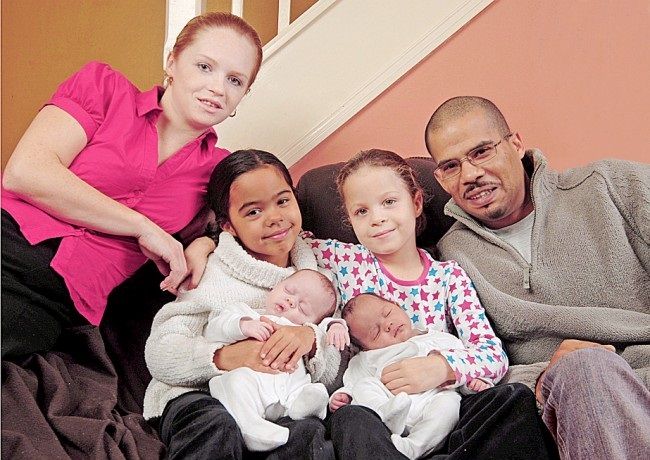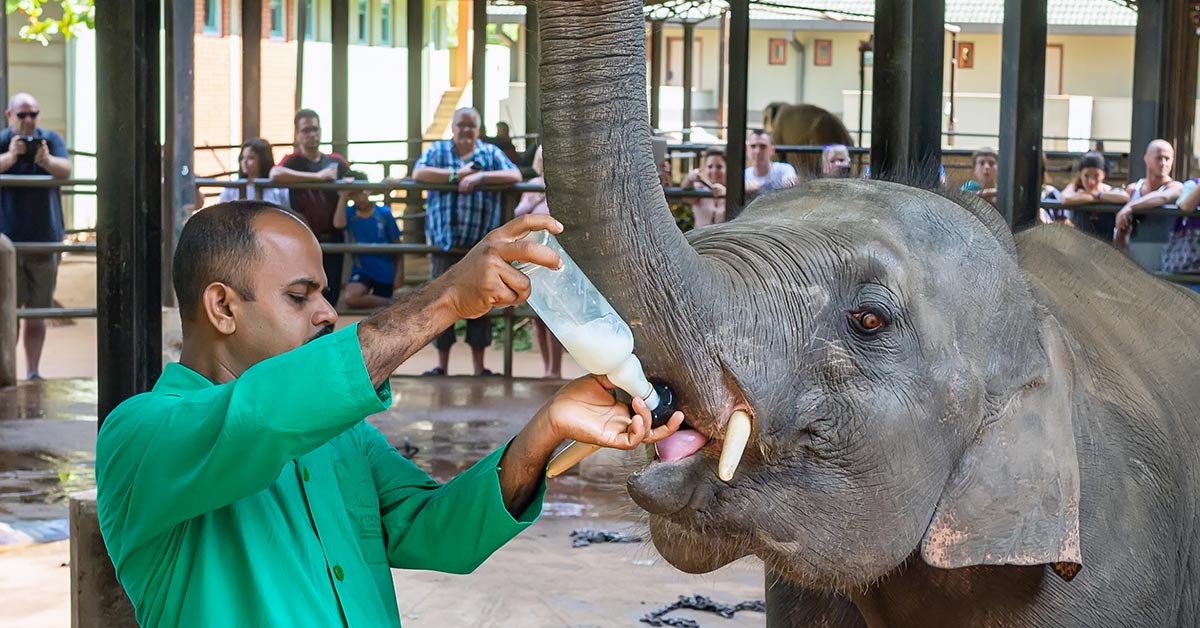These Men Spend Their Nights Sleeping With Orphaned Elephants
Elephant herds are in jeopardy, but thankfully, heroes are fighting to rescue them. Sleepovers and 24-hour care are included. The David Sheldrick Wildlife Trust (DSWT) raises orphaned young elephants in Kenya so they can grow up to be robust and healthy adults.
Sleeping With Elephant Babies
Poachers and habitat destruction separated these newborn elephants from their mothers and fathers. Fortunately, their caregivers treat them as if they were their moms. Even at night, they tuck the babies in and sleep close by to attend to the elephant’s feedings.
One keeper, who is also a parent of a toddler and a teenager, remarked, “It seems like having my own babies in the same room. It felt like I was feeding and changing them at all hours of the night when they were newborns.”
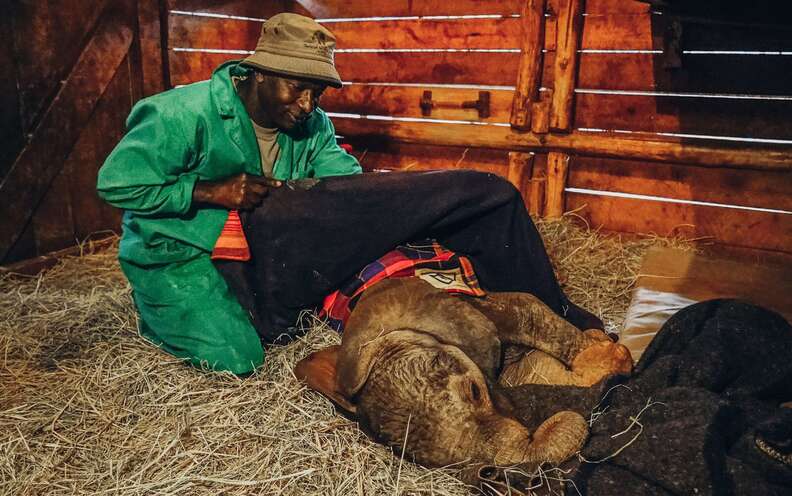
He’s not the only one who sees similarities between caring for elephants and parenting. The majority of his fellow keepers are also parents. “The elephant kids, especially the really young ones, shout out in the night,” remarked another keeper.
“Like human infants, the young ones are quite restless and wake up frequently. They scream for milk at times, and you have to get up for them, exactly like a mother with a newborn baby.”
When it’s cold outside, the caregivers wrap the newborn elephants in blankets to keep them warm. When the newborns need milk, they reach up with their trunks and tug at the covers of their guardians. One stated, “Every three hours, you feel a trunk reach up and yank your covers off!”
“When the keepers used to sleep on a mattress on the floor, the elephant would pull the cover off the keeper to wake them up for milk, and stroke their face with a wet trunk,” another keeper explained. The elephant caretakers are now housed on a bunk above the elephants.
The pulling-blanket alarm clock, on the other hand, is not required for carers who have worked with the newborns for some time. Their sleep cycles naturally wake them up. One keeper observed, “It’s as if their thoughts are programmed to wake up every three hours.”
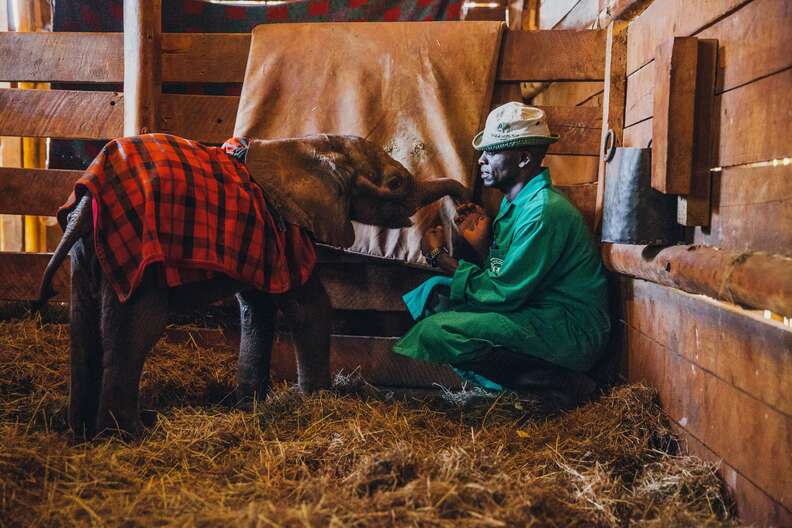
“We want them all to live,” says the narrator.
The caretakers also keep an eye on the newborn elephants while they snooze again. They are also among the few individuals on the planet who get to view sleeping elephants. “They do snore on occasion,” a keeper said. “They trumpet and don’t wake up, and they kick their legs while they sleep.”
The newborn elephants, as lovely as they are, aren’t the greatest of bunkmates. The keepers must become accustomed to the scent of their living quarters. Furthermore, the newborns get gassy. One keeper said, “Back when we used to lie on a mattress on the hay, one elephant nearly spilled poo on my face while I was asleep.” “When I awoke, it was right in front of my eyes!”
Despite the challenges, the caretakers are committed to the newborn elephants. After all, in the wild, newborns are always close to their moms. The keepers feel that forming such a bond with the children will help them stay healthy. “It gives the infants a sense of security,” a keeper explained. “You’re like a mother to them, and your presence allows them to sleep well. When they are able to sleep peacefully, they are able to grow in a healthy manner.” To avoid the youngsters from becoming too attached to one person, the keepers alternate sleeping with various elephants.
But it isn’t all fun and games. It’s heartbreaking when the weak orphans don’t make it.
“We do lose infants occasionally, and it usually happens at night rather than during the day,” one keeper explained.
“Perhaps they were unwell or came in poor health, and it is too late to help them… At the end of the day, we want them all to live.”
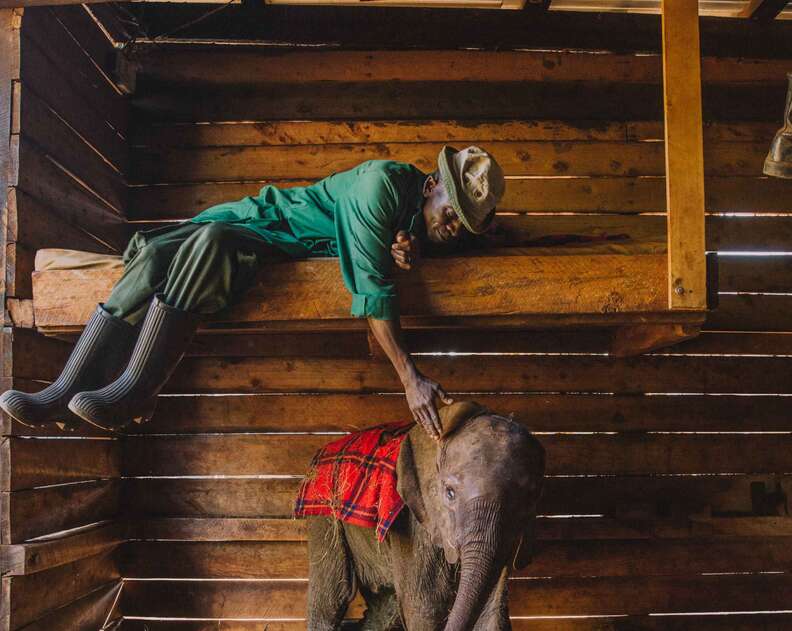
Consider adopting an elephant.
While you won’t be able to spend the night with these newborn elephants, you can still help them. The David Sheldrick Wildlife Trust offers a program where you may adopt one of the elephants for roughly $50 a year. You may pick your adoption from a variety of profiles on the organization’s website (or let them choose for you), and the money raised will go toward helping these creatures. A list of all the baby elephant profiles can be found here.
A unique adoption certificate, a monthly email update about your adoptee, access to exclusive content like films and images, and a monthly painting by Angela Sheldrick are all included in the digital adoption. You may also help the charity by giving or purchasing items from their collection, which includes fine-art prints, journals, apparel, purses, teas, jewelry, chocolate, and more – all of which are cruelty-free.




